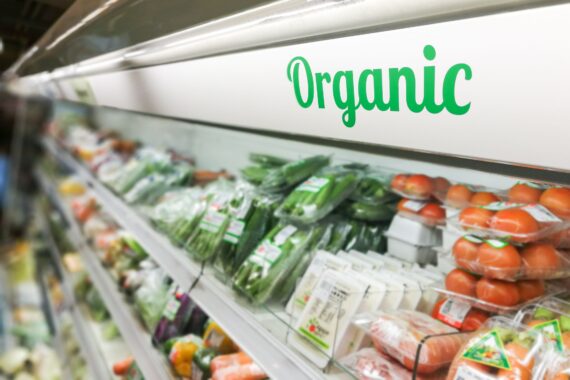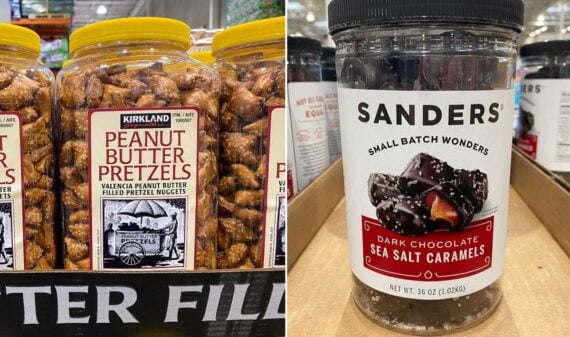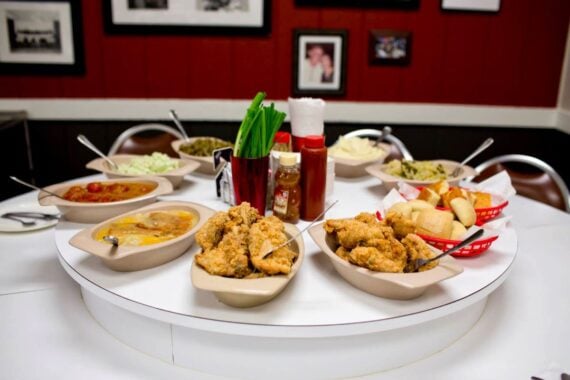Labels describing products as organic were once a rarity, but lately, it seems like every other item at the grocery store has one. That could soon change, though, as the U.S. Department of Agriculture is tightening its guidelines for labeling products as USDA organic. The revisions call for products to meet specific standards, governing soil quality, weed and pest control, animal welfare, and additives in order to classify as “certified organic.”
The stricter guidelines are in response to the rising incidences of organic-food fraud, with notable occurrences involving a Missouri man who sold millions of dollars worth of fake organic grain and, more recently, two Minnesota farmers who were accused of selling $46 million worth of crops falsely labeled as organic. The USDA’s update is substantial, says Tom Chapman, chief executive of the Organic Trade Association. It’s “the single largest revision to the organic standards since they were published in 1990.”
Along with predominantly organic grocers like Whole Foods, big-name stores like Costco and Trader Joe’s have extensive selections of organic products, contributing to the rise in sales for organic foods. In the U.S., sales have shot up more than double during the last decade, reaching a record $61.9 billion in 2020.
Gallery: Organic Foods Worth Buying at Costco
Some of the USDA’s most important updates include a certification process for businesses and increased inspections and subsequent certifications for all imported organic products. The rollout of the new rules begins in March, though companies will be given a full year to comply with the changes.
:




